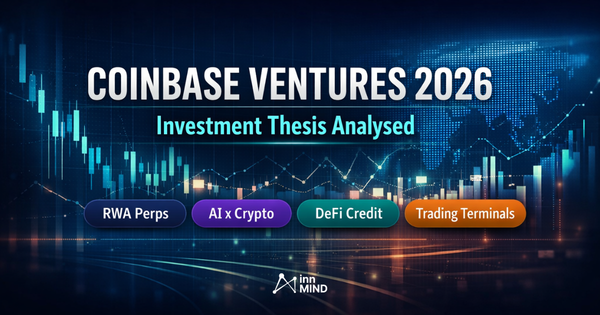Liquidity Pools Explained in a Nutshell for Web3 Startup Founders

Liquidity pools (LPs) have become a cornerstone of the decentralized finance (DeFi) ecosystem, especially for web3 startups looking to launch their own tokens. But what exactly are they, and why are they so crucial for tokenomics?
What Are Liquidity Pools?
At its core, a liquidity pool is a crowdsourced pool of cryptocurrencies or tokens locked in a smart contract. This setup facilitates trades between assets on a decentralized exchange (DEX). Instead of the traditional markets of buyers and sellers, many DeFi platforms use automated market makers (AMMs) which allow digital assets to be traded automatically and permissionlessly through liquidity pools.
How Liquidity Pairs can impact your token price?
Watch this short video about liquidity pairs and how they can impact token price by Tony Drummond, President of Moonbound Consulting who launched and grew a project to 70,000 holders and $207MM in just 3 weeks:
And btw: if you're keen to delve deeper into how much liquidity your startup's token needs on DEXes, how to balance liquidity in tokenomics, and more, consider joining our expert-led workshop with Tony Drummond. Apply here
Decoding the Crypto Jargon
LPs: Liquidity Pools
AMMs: Automated Market Makers
DEX: Decentralized Exchange
ILOs: Initial Liquidity Offerings
Why Liquidity Pools are Important?
For web3 startups, understanding LPs is essential for several reasons:
Liquidity: LPs provide the much-needed liquidity, speed, and convenience to the DeFi ecosystem. This is especially crucial for startups looking to ensure their tokens can be easily traded.
Decentralization: LPs offer a decentralized solution to liquidity challenges, eliminating the need for centralized market makers or third-party intermediaries.
Incentivization: LPs incentivize users to provide liquidity in exchange for a share of trading fees, making it an attractive proposition for potential investors.
LPs from the Startup Perspective
Liquidity pools can be a game-changer for startups in the web3 space. They offer a decentralized way to raise capital, engage with the community, and ensure that their tokens have a market from day one. Startups can also launch their own pools or participate in existing ones to earn rewards.
Liquidity Pools: Risks & Mitigation
Like all investments, liquidity pools come with their own set of risks. Impermanent loss, smart contract vulnerabilities, and pool manipulations are some of the challenges. However, by diversifying investments, conducting thorough research, and staying updated with the latest in the DeFi space, startups can navigate these risks effectively.
Founder's Footnotes: Practical Insights
Diversify: Don't put all your eggs in one basket. Spread your assets across multiple pools. This not only minimizes risks but also ensures that a drastic price drop in one pool doesn't wipe out your entire investment.
Be Transparent: In the crypto world, trust is paramount. Ensure that all transactions, fees, and processes related to your pool are transparent. Use open-source smart contracts, provide detailed documentation, and engage with your community to address any concerns.
Equip Yourself with Practical Knowledge: The crypto landscape is ever-evolving. Join workshops, like this one, to stay updated and ensure your startup's tokenomics is on the right track.
Conclusion
Liquidity pools, in a nutshell, offer a decentralized, incentivized, and efficient solution for token trading. For web3 startups, understanding and leveraging LPs can be the difference between a successful token launch and a missed opportunity. As the crypto narrative unfolds, remember: that knowledge is power, and staying informed is your best strategy. You can gain the needed knowledge in our tokenomics workshop for web3 founders.
Read also:










